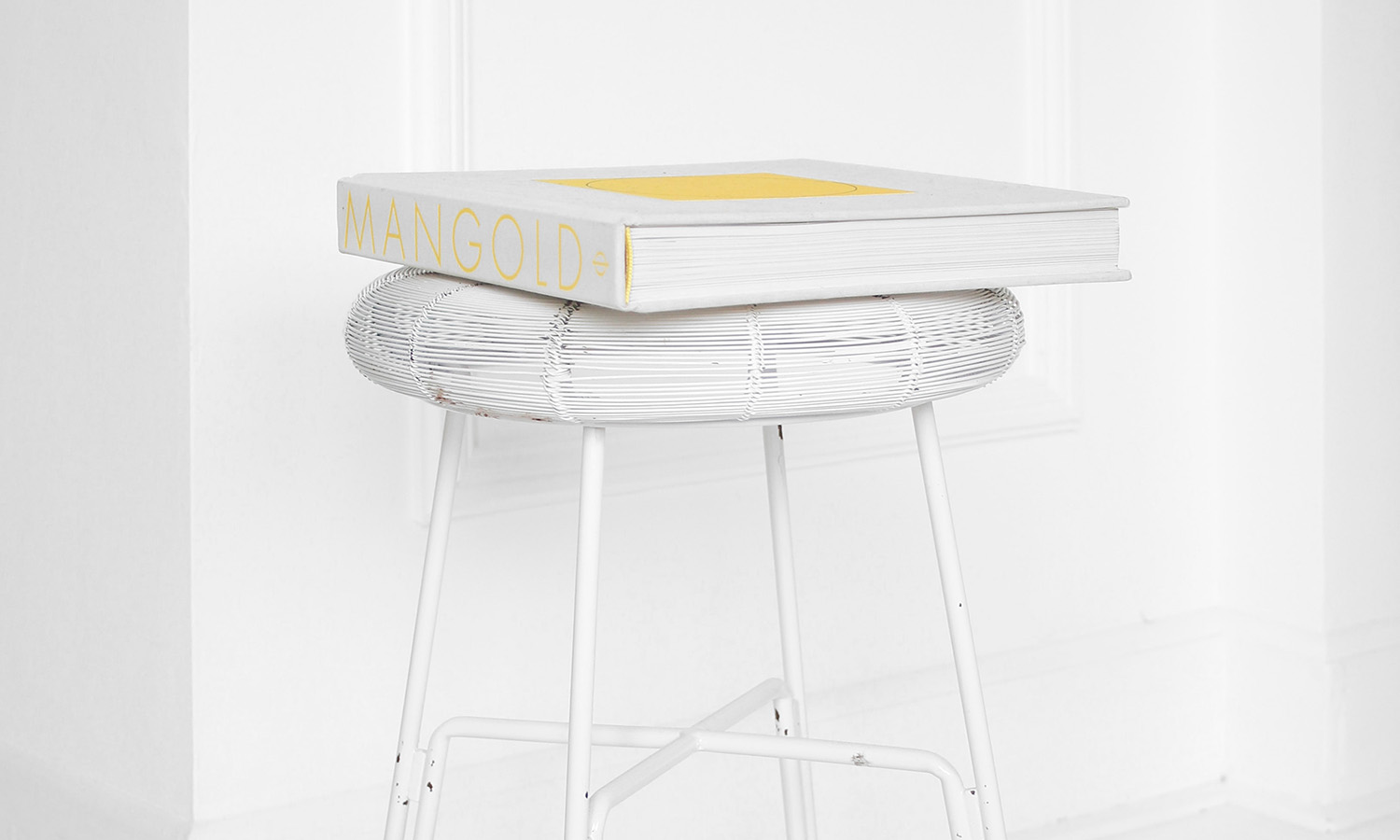“The reading of all good books is like conversation with the finest (people) of the past centuries.”
– Descartes

I’ve read twenty books in 2020 and plan to read at least four more before the end of the year. Reading allows me to see how others convey their message and learn lessons from those who are much wiser than myself.
Every time I come across a book that piques my interest, whether it’s referenced in a book or a conversation, I note it down. This habit led me to a bloated list of 327 book titles.
If I continue my reading pace of twenty-four books per year, it’ll take me thirteen years to get through the current list, and who knows how many books I’ll add between now and then?
The website GoodReads’ tagline is to “Meet your next favorite book.” Yet how am I supposed to do this if I have to sift through 327 titles?
This is by no means at the fault of GoodReads, or any of the well-intentioned readers who recommend a title. This is my own doing, my own fear of missing out, my own desire to do it all.
While this digital list resides in the cloud, it also takes up mental space. My minimalist lifestyle has come to the forefront to tackle this dilemma directly: I am letting go of my reading list.
Many questions came to mind upon making this decision. What if I miss out on these great titles? What if I don’t know what to read next? What if I start reading less?
I’ve come to realize these panic-inducing comments are excuses. A thirteen-year reading list will stop me from reading any new books that pique my interest. This giant list will cause decision fatigue along the way and make me want to read less as a result.
By starting over, I get to bring back the books I truly want to read, not the books I wanted to read months ago. This gives me space and flexibility to read from a place of enjoyment rather than a place of obligation.
By letting go, I am freeing up my mental space, which will give me a much better outcome than any reading goal will ever give me.
How can letting go improve your life?